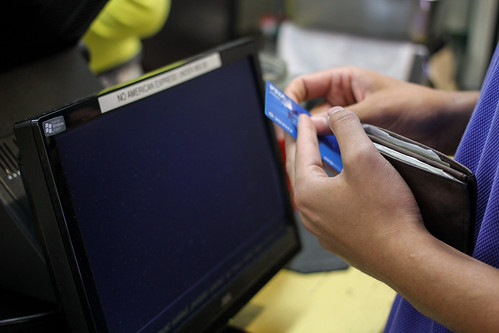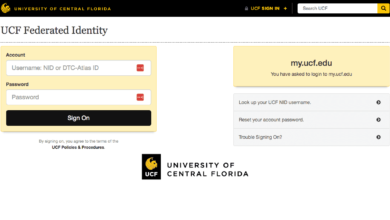Mechanics of POS Terminals
Technology has helped retailers come a long way from the days of classic cash registers. Nowadays, you can install a point-of-sale (POS) terminal that can handle much more than just payment transactions, including tracking and streamlining inventory, managing marketing campaigns, and centralising information from multiple locations. Of course, there are different types of POS terminals available and the one you choose depends on the requirements of your business.
Types of POS Terminals
A POS terminal processes various payment transactions, allowing you to accept credit cards, debit cards, and even cheques. These terminals are generally attached to more complex systems which allow you to keep track of inventory, analyse sales patterns, receive alerts when new stock needs to be ordered and much more. The complexity of the POS system you choose depends greatly on the size and type of your business.
In essence, there are three types of POS terminals available; namely fixed units, portable units and mobile units. Fixed POS terminals are ideal for businesses that process payments in a single location, like a shop or a hotel.
A portable unit has a wireless connection allowing you to take the terminal to the customer. These types of units are often used in restaurants and cafes, as a member of staff can take the terminal to the customer’s table and immediately process the transaction. However, some other retailers have also moved to portable devices, allowing their sales assistants to handle the entire sales process – from providing information to closing the deal – right where the customer is standing.
Mobile POS terminals are specifically designed for businesses that do not process payments in a single location, such as taxi drivers and tradesmen. For example, if you run a plumbing business, a mobile POS terminal would allow you to process payment at your customer’s home, as long as there is a GPRS or 3G mobile phone signal available.
Beyond the Payment Processing
A POS terminal can be connected to a relatively complex POS system to allow it to perform a number of functions designed to help you centralise data and streamline your operations. While complex POS systems can be expensive, the savings in time and money will more than offset the investment.
Thus, you can use a POS system to do everything from tracking customers and their purchasing habits to analysing sales and determining what stock sells best at what time of year.
POS Systems & Marketing
A Point of Sale system will keep track of all your customers and their contact information, along with their purchases. This information is invaluable because you can build a profile for your customer based on their purchasing habits. You can then group customers together according to their purchasing behaviour and put together targeted marketing campaigns.
For example, if you own a clothing store, you could put together a list of customers who buy children’s clothing and send out emails to them when you’ve got a sale on children’s clothing. You can take things a step further by rewarding returning customers with special discounts and offers tailored to their specific needs.
Save Time and Money on Inventory
A POS system helps you manage inventory by immediately updating the database as soon as a transaction is made. This way, staff will always know exactly what stock is available just by checking their terminal, without having to go into a storage area. Not only does it speed things up and reduce the number of customers who leave due to impatience, but it also ensures your staff can spend valuable time on the floor selling merchandise rather than running back and forth to check stock.
Furthermore, POS systems can analyse sales patterns, allowing you to ensure that you have sufficient stock of the items that move at a fast rate. This can be helpful because it means you don’t have to tie up a large investment in stock that might take a while to sell. Additionally, you can set the system to send you alerts when inventory runs low.
Manage Your Business from Anywhere
Not only will a POS system allow you to create a variety of reports, such as gross sales, existing inventory, and customer buying history, but they can be accessed from practically anywhere. This means you don’t have to be onsite, which will save you time that you can dedicate to growing the business rather than focusing on micromanagement.
The Tools and Resources You Need to Expand Your Business
A POS system streamlines numerous operations, which helps to improve overall efficiency. You no longer have to handle mundane tasks that can be easily automated, such as monitoring inventory and placing orders. This means you are free to focus on tasks that really matter and offer the best return on investment, such as customer interaction.
Thus, if you are looking to streamline your business and improve profitability, a POS system is certainly something you should consider. You can tailor the system according to the needs of your business and can easily upgrade it once your business expands or you discover you require more functionality.
About the author
Terry is currently setting up his own online business, and is learning about payment options by writing about them.





